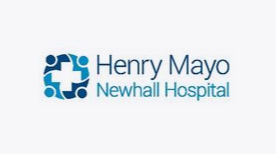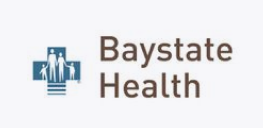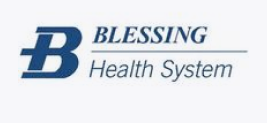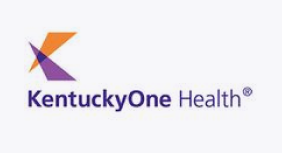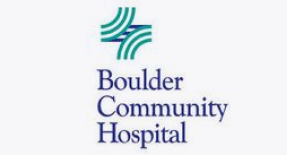May 5, 2022
Pharmacist’s Role in a Post-Discharge Medication Reconciliation Program

The Institute of Medicine’s Preventing Medication Errors report reveals that the average hospitalized patient is subjected to at least one medication error per day. More than 40 percent of medication errors are believed to result from inadequate reconciliation during transitions of care such as admission, transfer, and discharge of patients.
In order to reduce the number of errors, Cedars-Sinai Medical Care Foundation implemented the CSMCF Post-Discharge Medication Reconciliation Program. The goal of the program is to reduce harm to patients and reduce readmission due to drug-related problems.
A Pharmacist’s Role
At the time of discharge from Cedars-Sinai Medical Center (CSMC), patients are scheduled for a phone appointment with a pharmacist from CSMCF. After reviewing the patient’s discharge instructions, the pharmacist performs thorough medication reconciliation with the patient. The pharmacist specifically looks for drug-related problems. Any drug-related problems identified are brought to the attention of the patient’s care team and resolved. The medication list in the patients’ electronic medical record is updated once the medication reconciliation is completed.
CSMCF Post-Discharge Medication Reconciliation Program Results
The program was very successful in identifying and resolving significant and potentially life-threatening drug-related problems. Patients who participated in the program had a 66 percent lower chance of a 30-day readmission.



